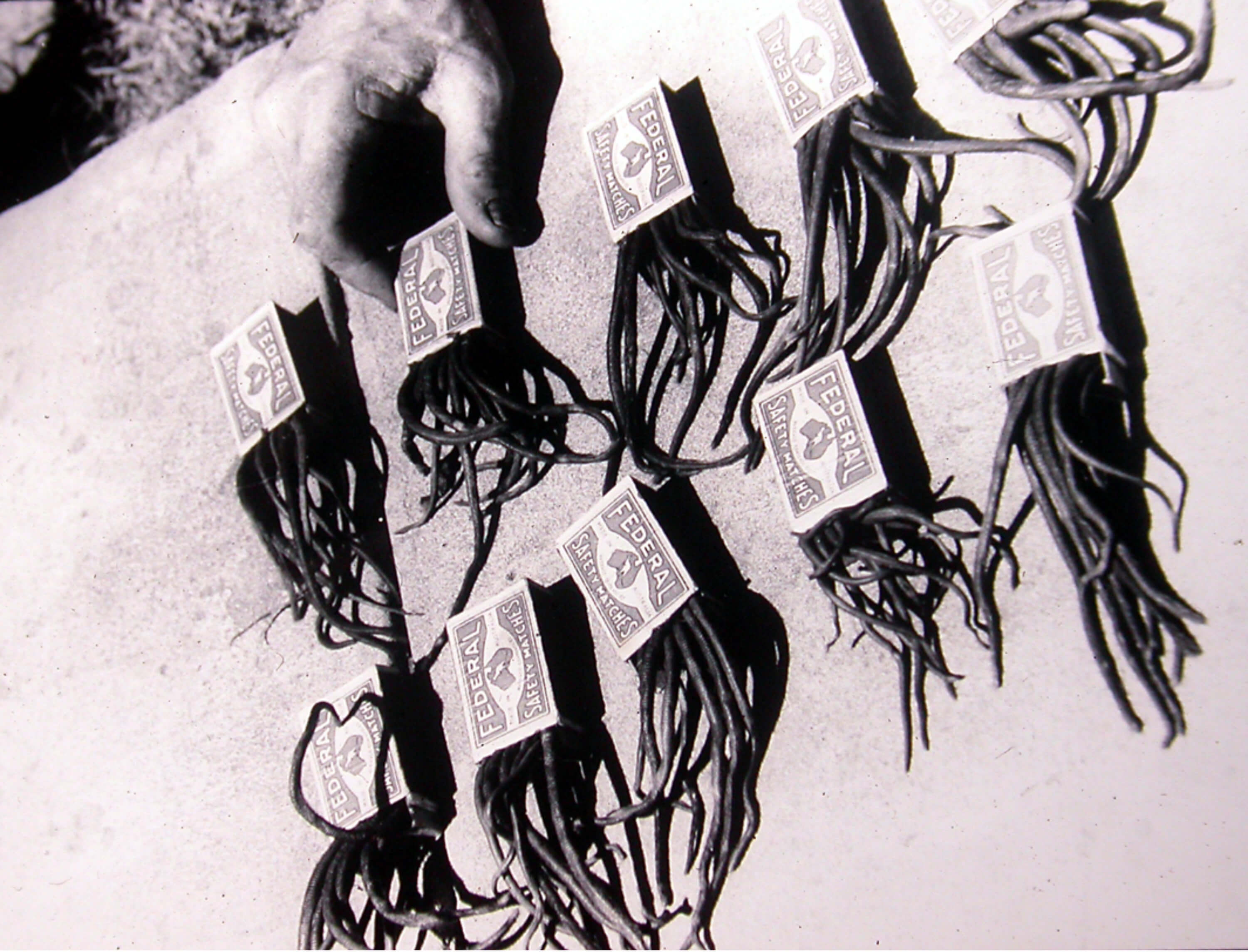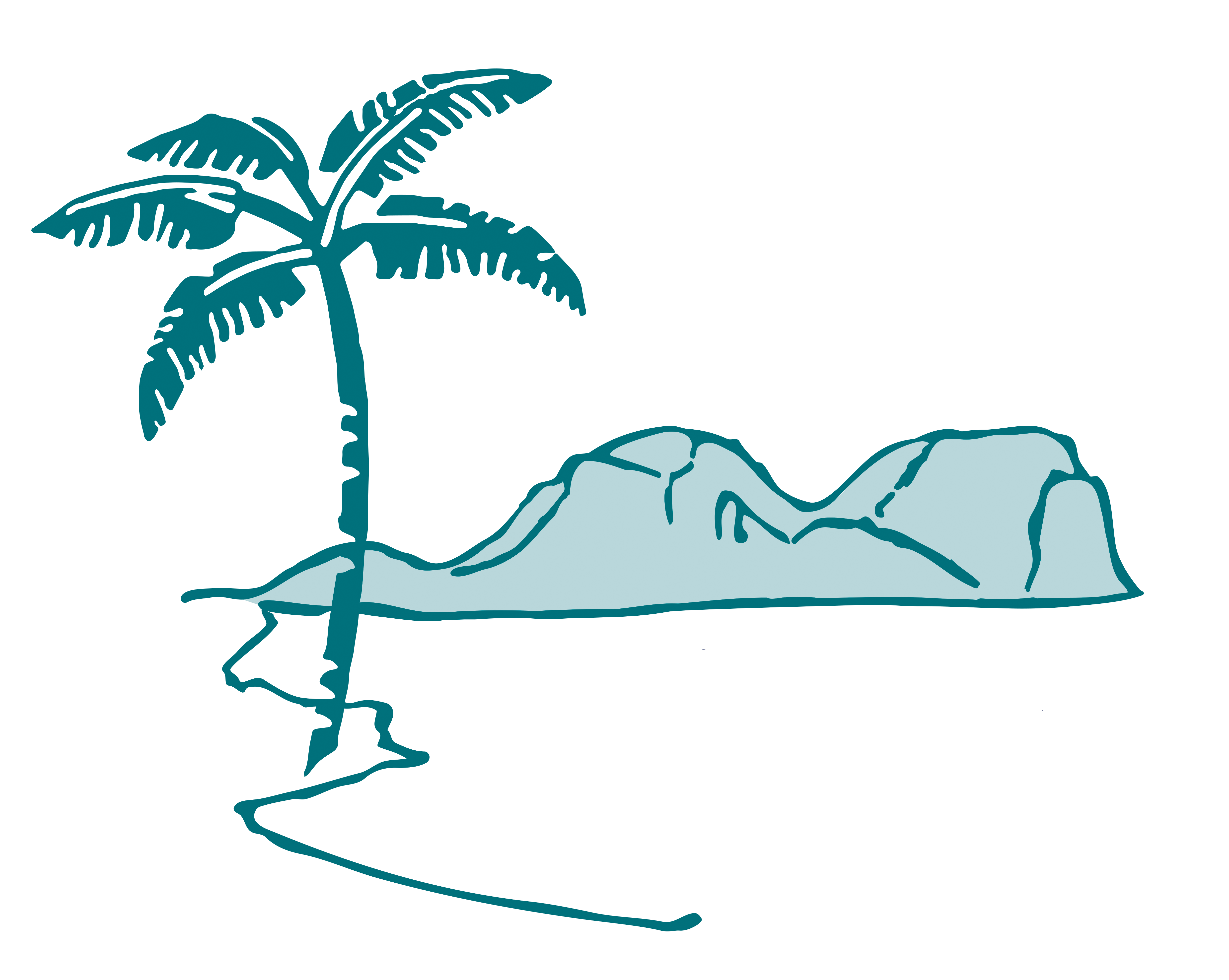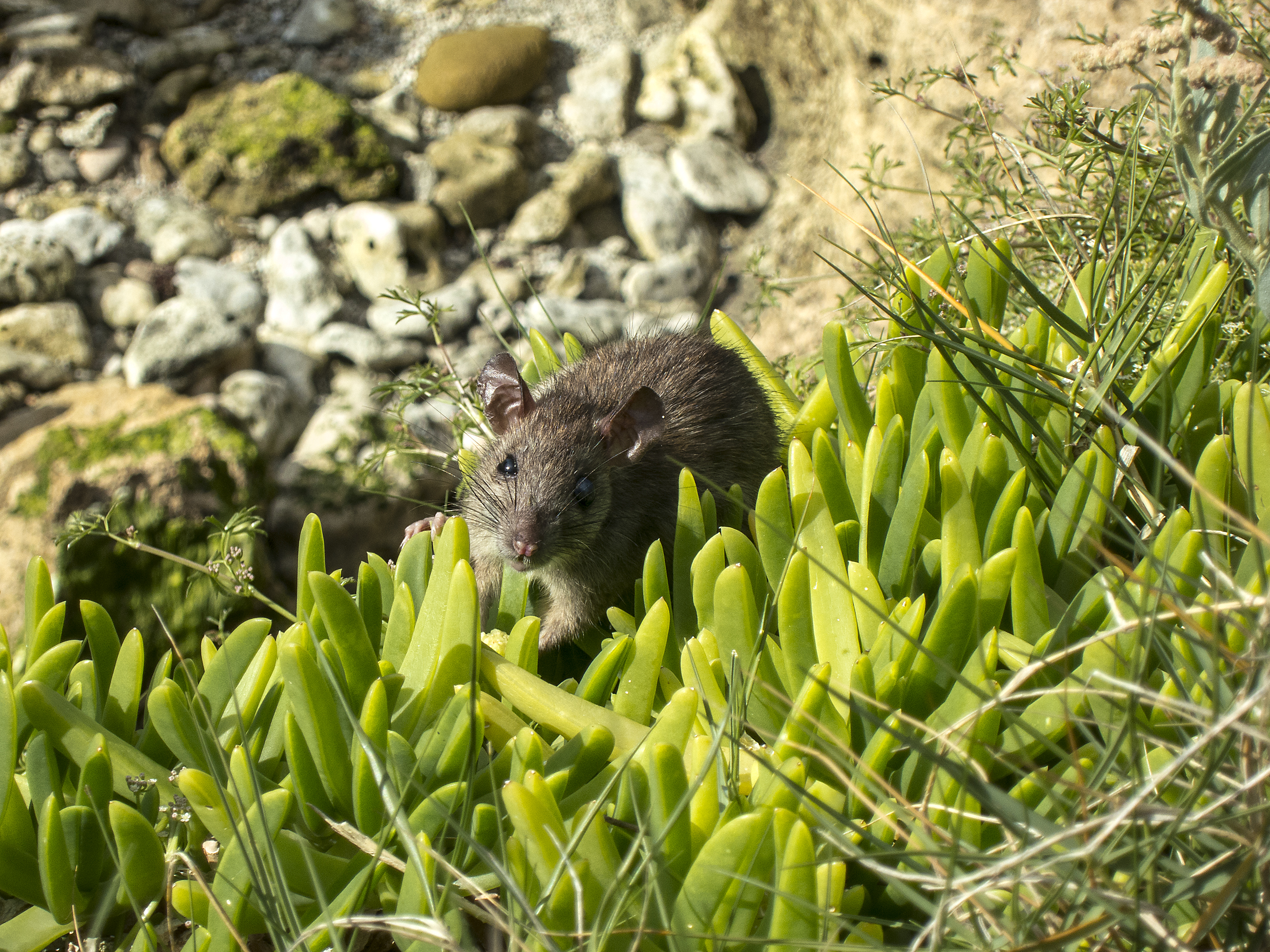Final Report & Lessons Learned (2025)
The Rodent Eradication Project has now been formally completed. Comprehensive monitoring confirmed the successful removal of rodents from Lord Howe Island, and the final report documents more than 15 years of planning, implementation, monitoring and community engagement.
The full report and summary, including key findings and lessons learned, are available here:
Final Report & Lessons Learned (2025)
History of rodent control on LHI
Mice invaded the Island as early as the 1860s, and rats first arrived in 1918. Recognising the damage that rodents were causing to the ecological and economic values of the Island, residents and the Board implemented rodent control programs including shooting, ratting with dogs, bounty schemes, biological control and, most recently, baiting.
These control programs aimed to reduce the negative effects of rodents, but neither the rat nor mouse population was being impacted enough to reduce large-scale ecological and economic impacts.
Long-term, this control was more difficult and costly than the strategic option of an eradication.

The extinction of native species
The presence of exotic rodents on islands is one of the greatest causes of plant and animal species extinction in the world.
Rats have been implicated in the extinction of five endemic bird species, at least 13 species of endemic invertebrates, and two plant species on Lord Howe Island (LHI).
Rodents are also a recognised threat to at least 13 other bird species, two reptile species, 51 plant species, 12 vegetation communities, and seven species of threatened invertebrates on the island. Seven of these species are listed as "Critically Endangered" under NSW and Commonwealth legislation.
As a significant threat to Lord Howe Island's World Heritage values, the removal of rodents has since resulted in significant benefits to the island's biodiversity, allowing species recovery, as well as improved visitor and community experience.
Ratting out the rodents
LHI is the largest permanently populated island on which the eradication of rodents has been undertaken to date.
The LHI Rodent Eradication Project (REP) is the Island's single biggest conservation action to date. The project aimed to eradicate introduced rodents: the Ship Rat (Rattus rattus) and the House Mouse (Mus musculus) from LHI and its associated islands and rocky islets (excluding Balls Pyramid), known as the Lord Howe Island Group (LHIG).
The eradication of rodents also presented an opportunity to simultaneously eradicate the introduced Masked Owl.
After more than 15 years of detailed research and planning, the final stage of the LHI REP was implemented between May and December 2019.

